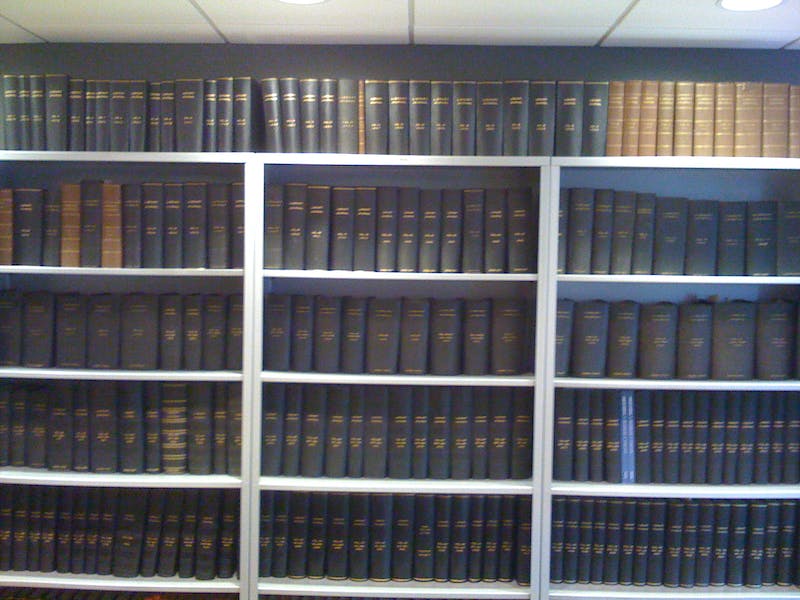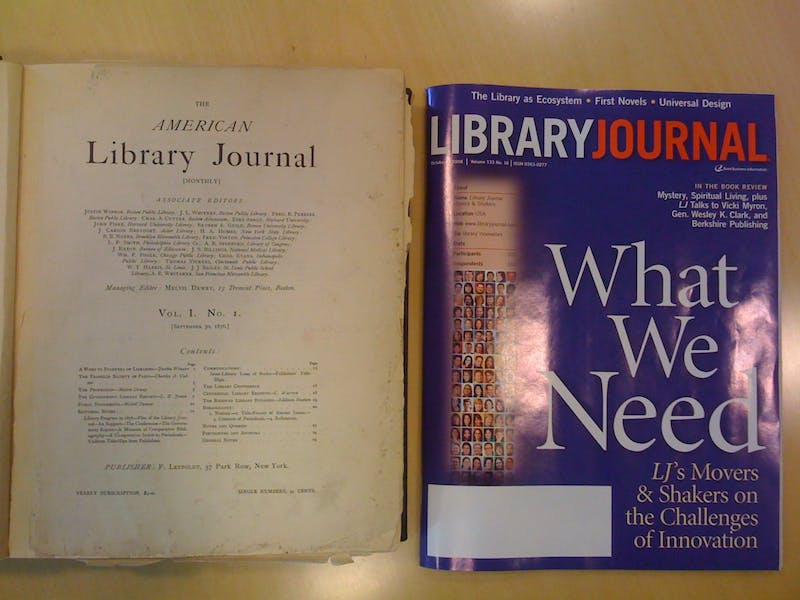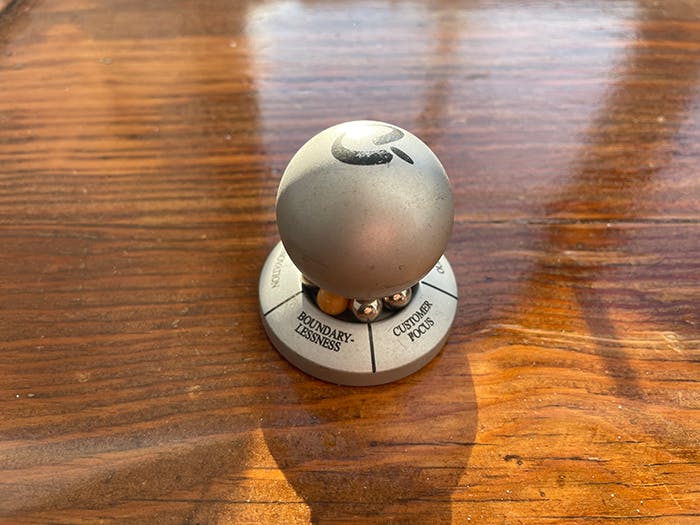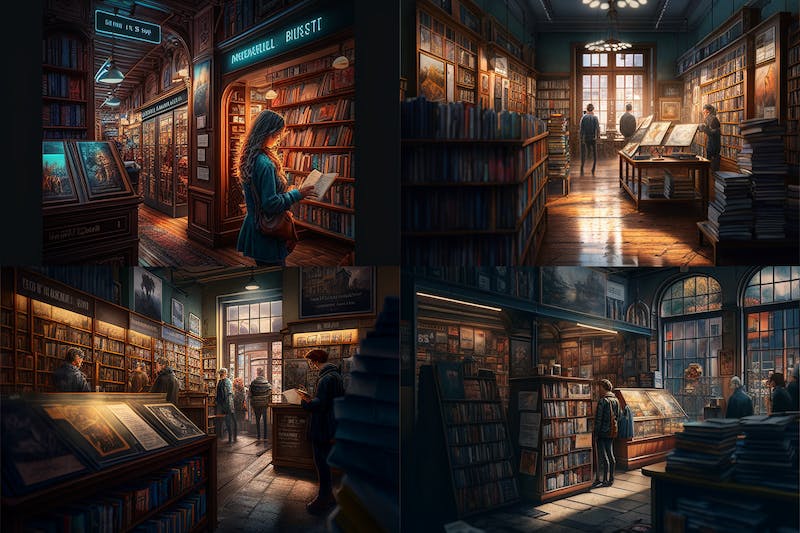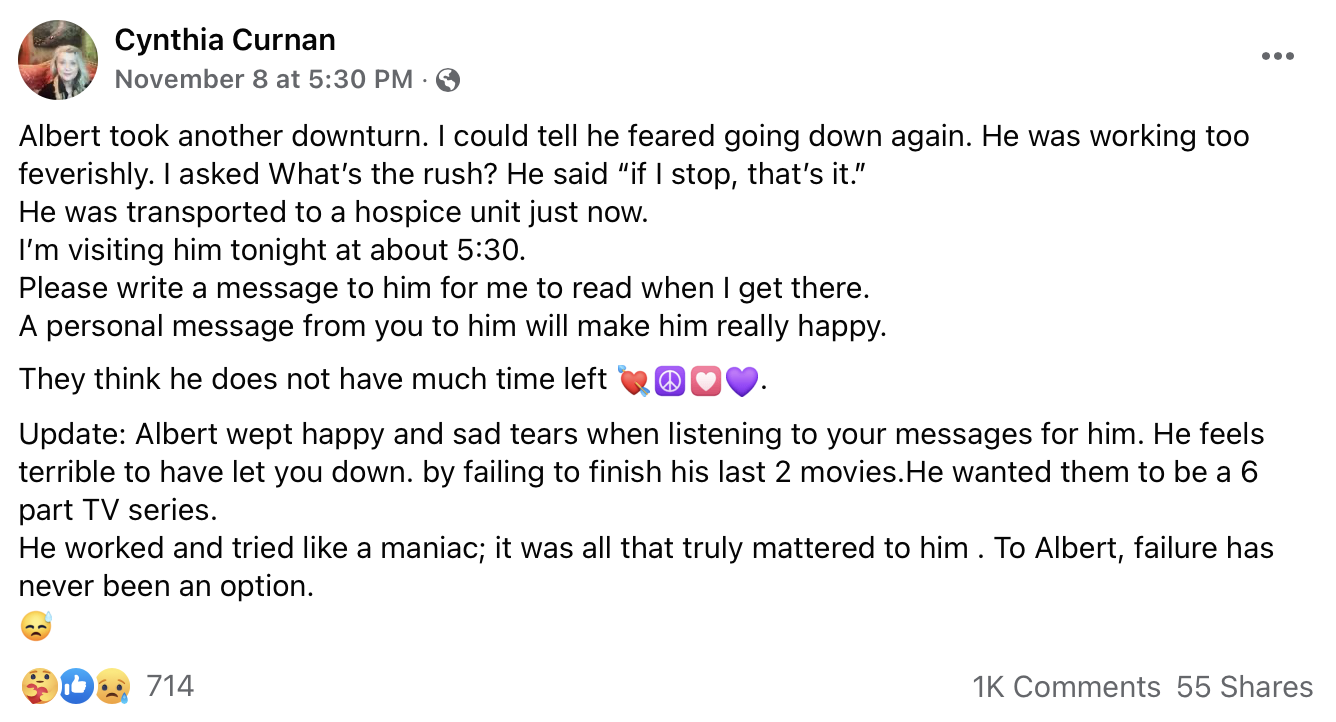My days are spent talking with writers, and something I think about a lot are their goals. At what point will they feel a sense of fulfillment? What are the milestones they seek that drives all this effort? Earlier this week I asked writers on social media why they write, and these were some responses:
- “Because I love writing. It makes me happy.”
- “I write to satisfy my muse, Dan. She is a strong, vocal artist, and her only goal, to sum it up, is: “Trust me, I have a great story to tell you.”
- “A desire to make a positive impact on the world.”
- “To get my stories out into the world to help others, whether through fiction or memoir.”
- “I write because I want a voice. I have zero influence because I’m not a journalist or celebrity.”
- “To entertain readers: I write mysteries and romantic comedies for readers who want to laugh and escape. While life and circumstances change, human nature doesn’t. I explore universal themes like falling in love, finding friendship, and knowing oneself.”
I imagine that some of these may resonate with you, and it is by no means a comprehensive list. Some reasons are internal, to know oneself and the world in a deeper way. Others focus outward, on how writing may entertain or help others. We can measure success in sales, awards, esteem, and other overt milestones. And often, we create merely to create. The list of reasons goes on and on.
Recently I was listening to a long interview with Billy Corgan from the Smashing Pumpkins, and he said something that made me pause and replay that section again. The question he was asked got very specific into his creative process. At one point, Billy laughs in a bittersweet way and says:
“People used to ask me more about that in the beginning, when they were interested in my process. Back in the day, people would ask me all the time about these things, and at some point, they just stopped asking.”
Billy was reflecting on how so many fewer people care about his creative process today. I imagine that like many artists whose success came years ago, many fans look to him as something of a time machine, only interested in what his older music meant to them. They look to him to recreate their youth. Along the way, many stopped being interested in Billy the person, they stopped being interested in what he creates today, and they stopped being interested in his creative process. They just want the old stories, retold again and again.
This made me pause because Billy has experienced the absolute pinnacle of success in music. More than 30 million albums sold, legions of fans, two Grammy Awards, performing more than 1,500 concerts, and earning tens of millions of dollars. He is also held up as someone who has relished in creative freedom and been rewarded for it, something any creator may dream of.
You may not like the Smashing Pumpkins or Billy himself, but that isn’t why I’m mentioning him. When I consider the milestones that a writer hopes to reach, the goals they have, or their reason for writing, I want to consider their daily experience. If they feel a sense of personal fulfillment. If they feel ready to create. If they feel connected to those who inspire them. If they feel their work can reach their ideal readers. If their days are filled with moments and experiences that matter to them.
This always resonated with me about Dani Shapiro’s wonderful book, Still Writing: The Perils and Pleasures of a Creative Life. In it she shares a story from earlier in her life when her writing career was going well, but there was a period of time when it wasn’t enough to support her financially. She took some kind of corporate writing job for the money, and she didn’t feel great about that, so she hid it.
There is so much that we don’t often see in the lives of other writers: the compromises that are made, the shame that may be felt, the sense of lost opportunity, or lost interest.Why am I sharing these stories? I’m not trying to bum you out. I just think about all of this when I explore the idea of a writer reaching their goals, and feeling truly fulfilled. So often, we may consider our creative aspirations like this:
- Step 1: Write! Then publish!
- Step 2: ?????
- Step 3: Success!
So I simply want to encourage you to dive deeper into what success means to you. What fulfillment with your creative work would look like. How that may translate to how you spend your days and weeks, and perhaps even, who you spend them with as a writer. Once you do that, I find it is much easier to fill in those question marks in the middle.
I invite you to start 2023 with clarity in your creative work. Join me for an hourlong workshop where I will show you the model that I use:
Creative Clarity: Find More Time, Get More Done, and Live with More Confidence
Friday January 6th at 12:30pm ET.
A replay will be available to all who register.
Register here.
Thanks!
-Dan

